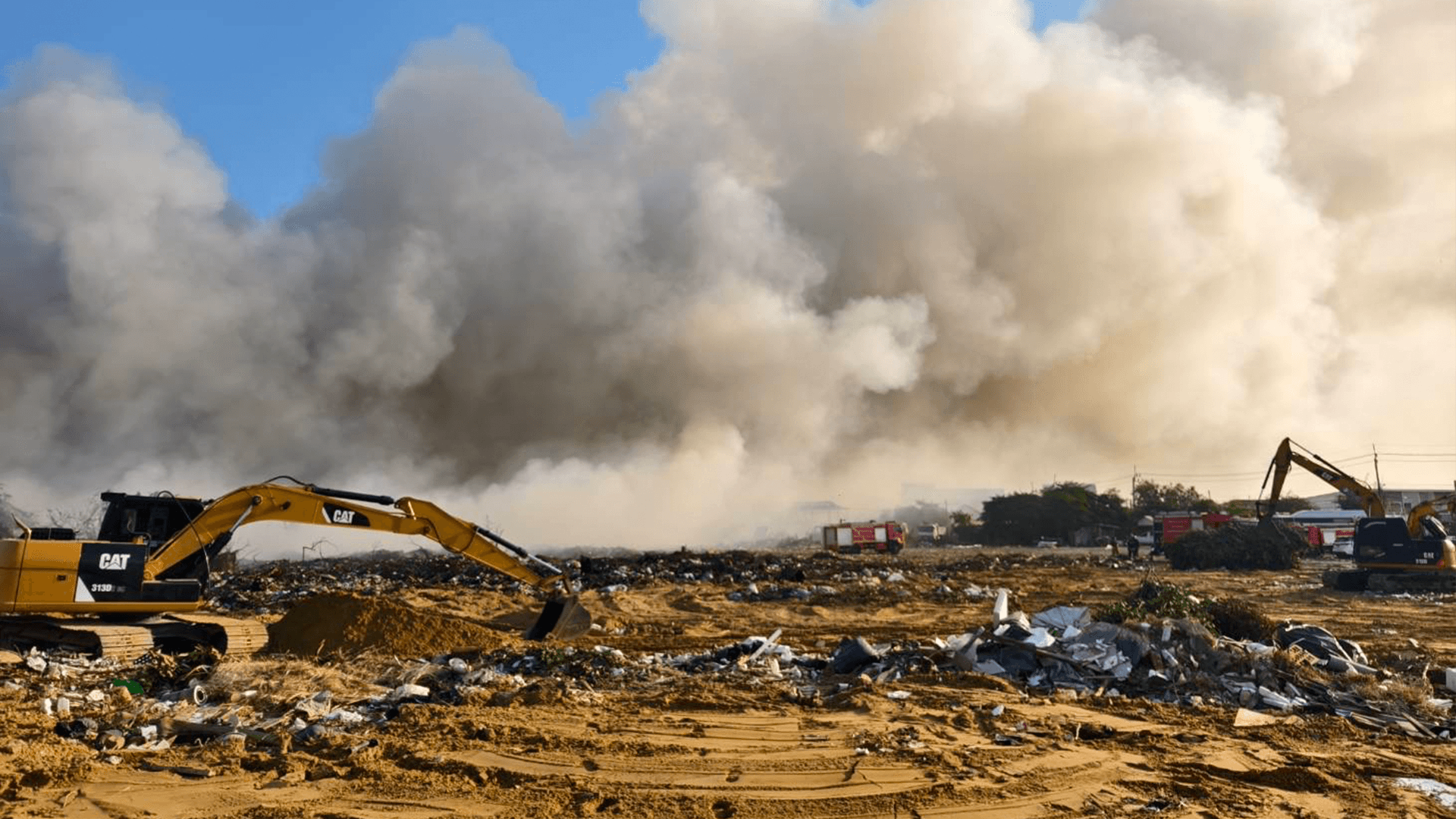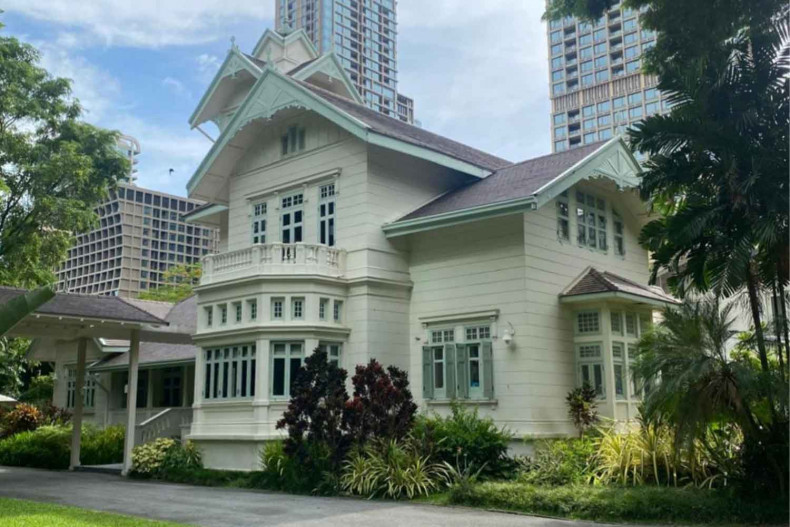For decades, real estate agents have battled a tarnished reputation, often labeled as “snake oil salesmen”—slick operators more interested in commissions than client welfare. But as the real estate landscape evolves, a new era of transparency and accountability is beginning to take hold, challenging these outdated stereotypes.
The Evolution of the Real Estate Market
The days of relying solely on charm and persuasion to close a deal are fading fast. Today, the real estate industry is being reshaped by fixed-rate commission brokers, market price comparison sites, and platforms that facilitate direct transactions between sellers and buyers. In this transformed environment, knowledge, honesty, and integrity have become the most valued assets.
However, despite these positive changes, some agents continue to engage in unethical practices that undermine the market and erode trust. From my perspective within the property industry—where I specialize in property inspections and surveys—I’ve seen these tactics firsthand, and the damage they cause is significant.
The Dark Side of Inflated Prices
One of the most damaging practices in the real estate market is the deliberate inflation of property prices. Some agents, driven by the prospect of higher commissions, push property prices to unsustainable levels. I’ve seen cases where properties that were worth 22 million baht before the COVID-19 pandemic are now being marketed at 30 million baht, despite the market showing clear signs of plateauing.
When these overinflated properties fail to sell, they often languish on the market, forcing sellers to lower their prices eventually. This not only frustrates sellers but also disrupts the overall market equilibrium, leaving a trail of disillusioned investors in its wake.
Deceptive Practices and Unrealistic Promises
In one particularly egregious example, I recall an agent convincing a property owner in Laguna Village that minor refurbishments and the addition of a sauna had doubled the property’s value from 40 million to 80 million baht in just one year. Such claims are not only misleading but also detrimental to the market.
Potential buyers are also being misled with unrealistic promises of rental income. I’ve seen agents promise returns of 500,000 baht per month on a 23 million baht townhouse during high season, when the actual market rate is closer to 300,000 baht. These inflated figures are set up to fail, leaving buyers with unmet expectations and financial losses.
The Need for Oversight and Regulation
The lack of regulation in Phuket’s real estate market exacerbates these issues. Unlike many other countries where property inspections or surveys are mandatory before a sale, in Phuket, agents often avoid them to prevent derailing a deal. This lack of transparency further erodes trust and contributes to the market’s instability.
Phuket’s reputation as a desirable investment destination is at risk. The influx of new homes and apartments—estimated at 100,000 units this year alone—combined with inflated promises of rental returns, is creating an unsustainable bubble. Without proper oversight, this could lead to a significant market correction, with prices plummeting as demand fails to meet expectations.
A Call for Ethical Reform
The solution to these problems lies in the hands of both buyers and sellers. Sellers must resist paying exorbitant commissions, and buyers should demand honest appraisals and market-driven prices. Additionally, it is imperative for the government to establish a regulatory body to oversee the real estate industry in Phuket. Such an entity would enforce ethical standards, ensuring that agents act in the best interests of their clients and the market as a whole.
If these changes are not implemented, the real estate market in Phuket may face a downturn, as unethical practices continue to erode confidence and deter legitimate investors. The time has come for a collective effort to restore integrity and trust in the real estate industry, ensuring a stable and prosperous future for all parties involved.









